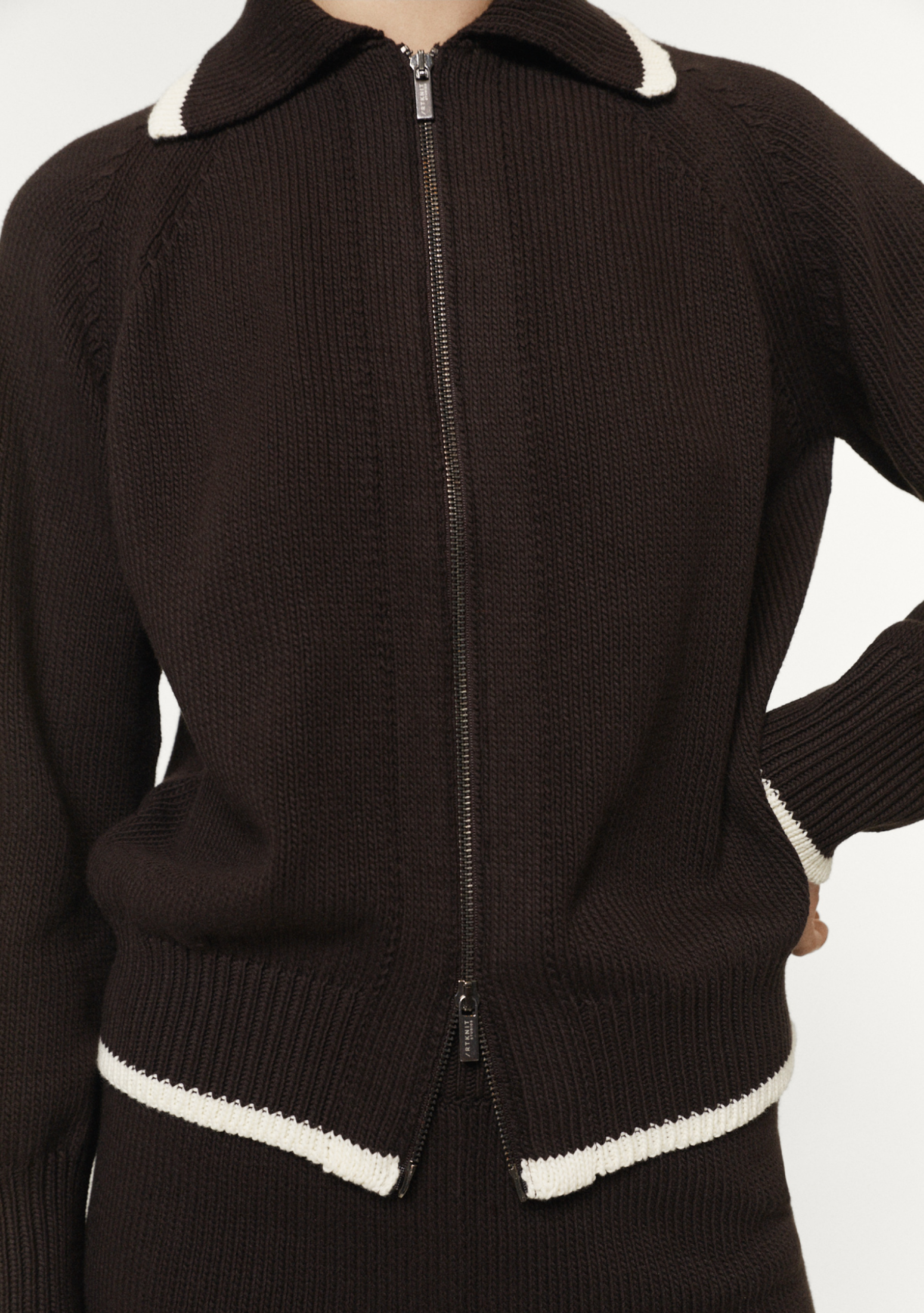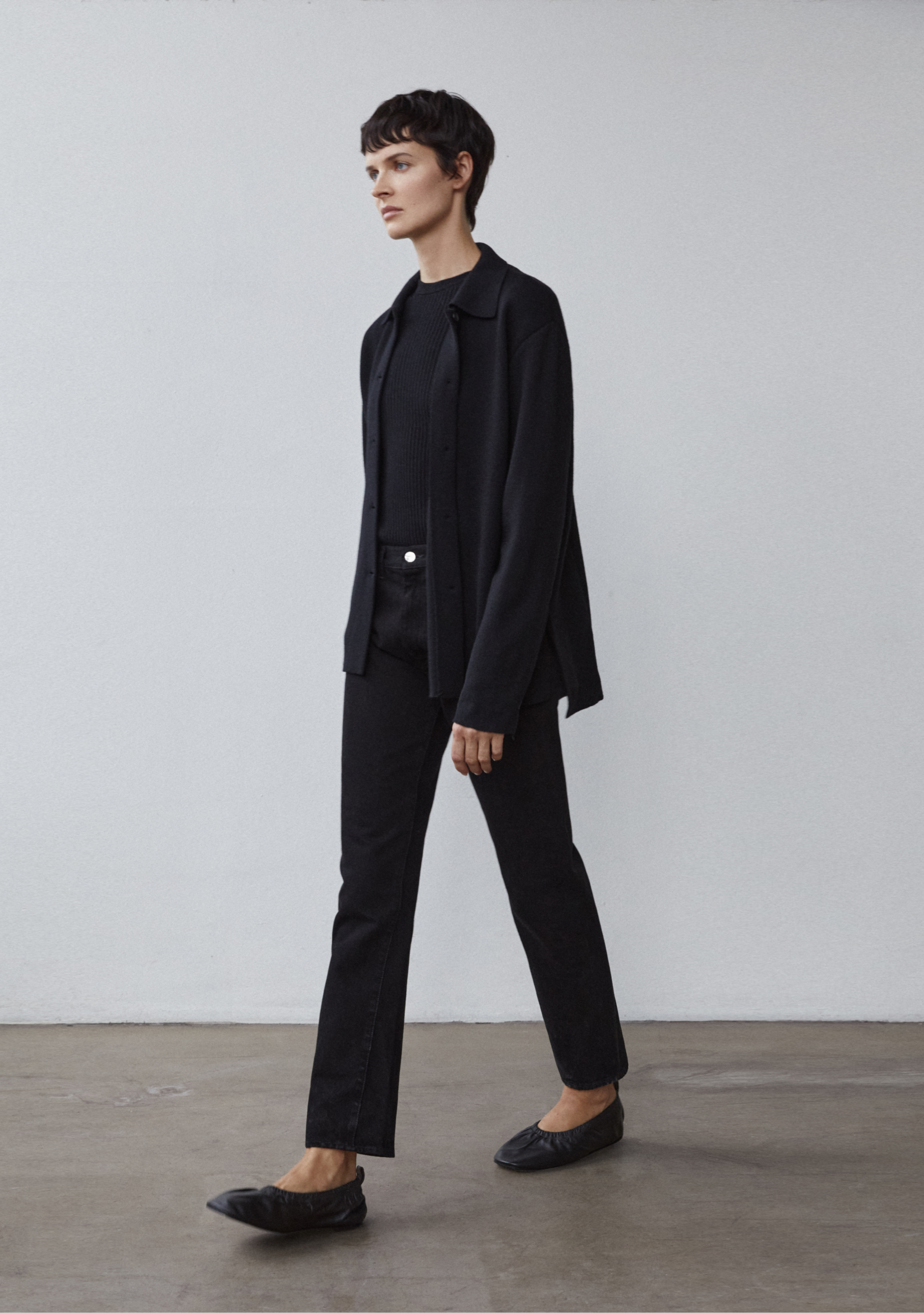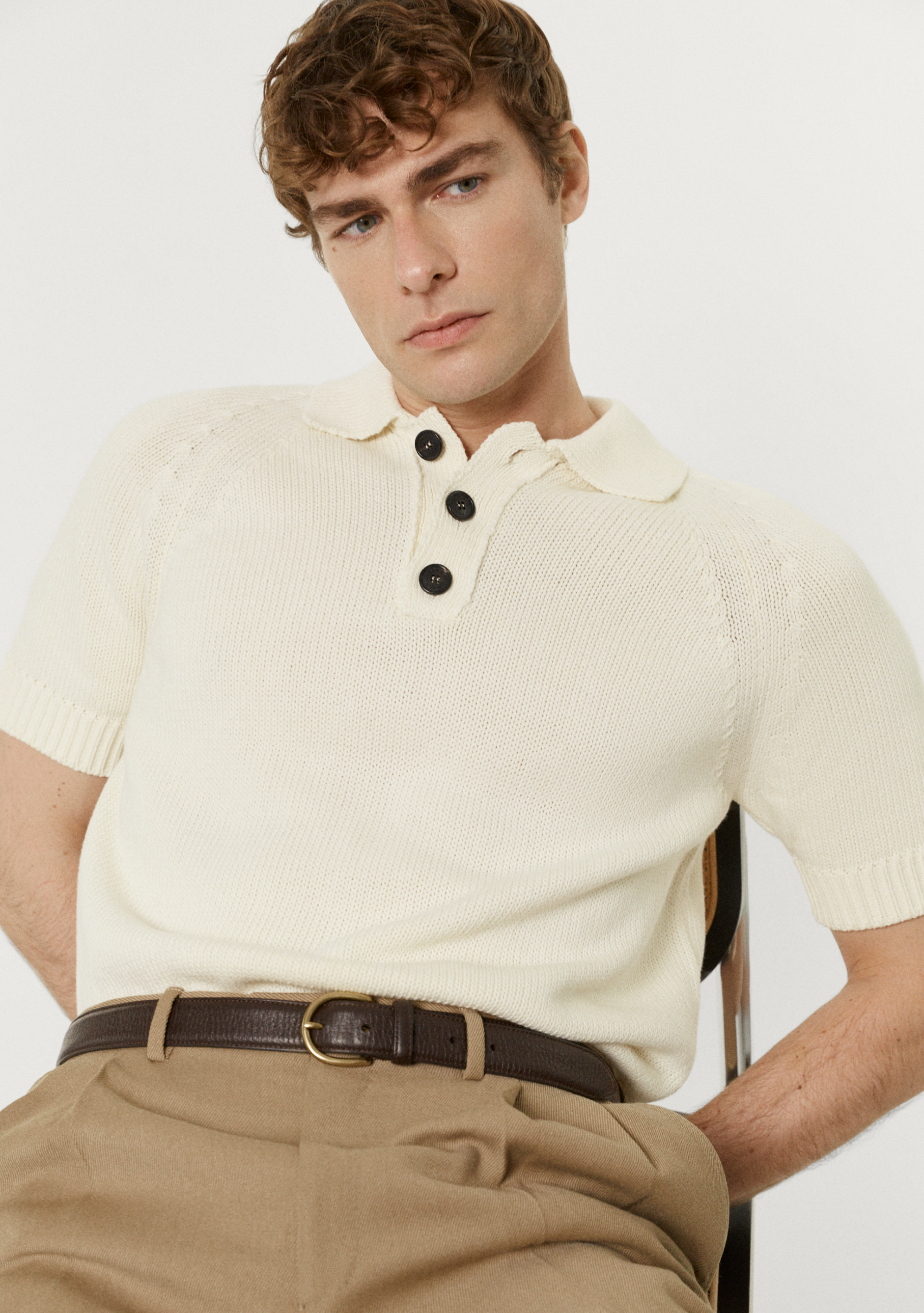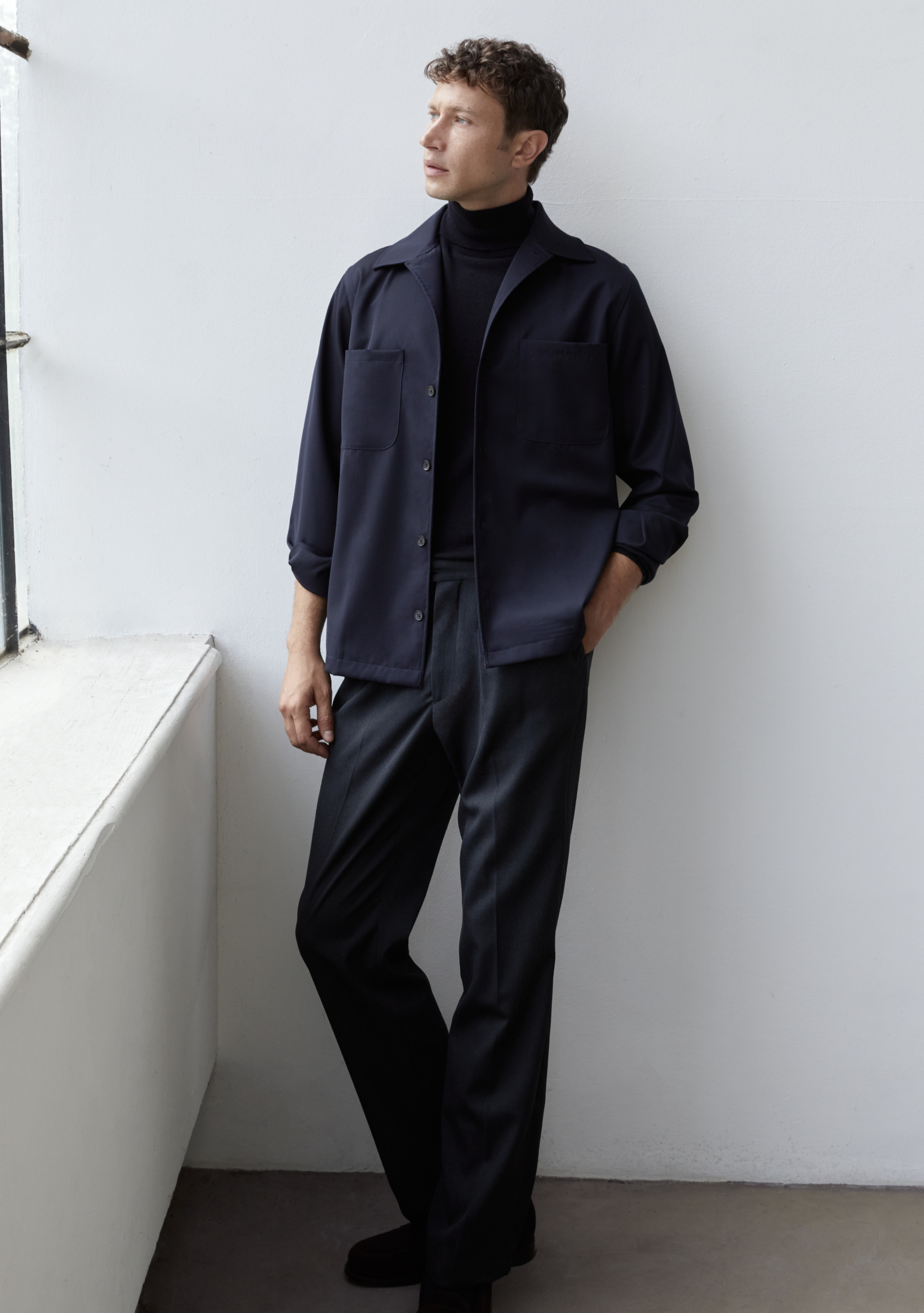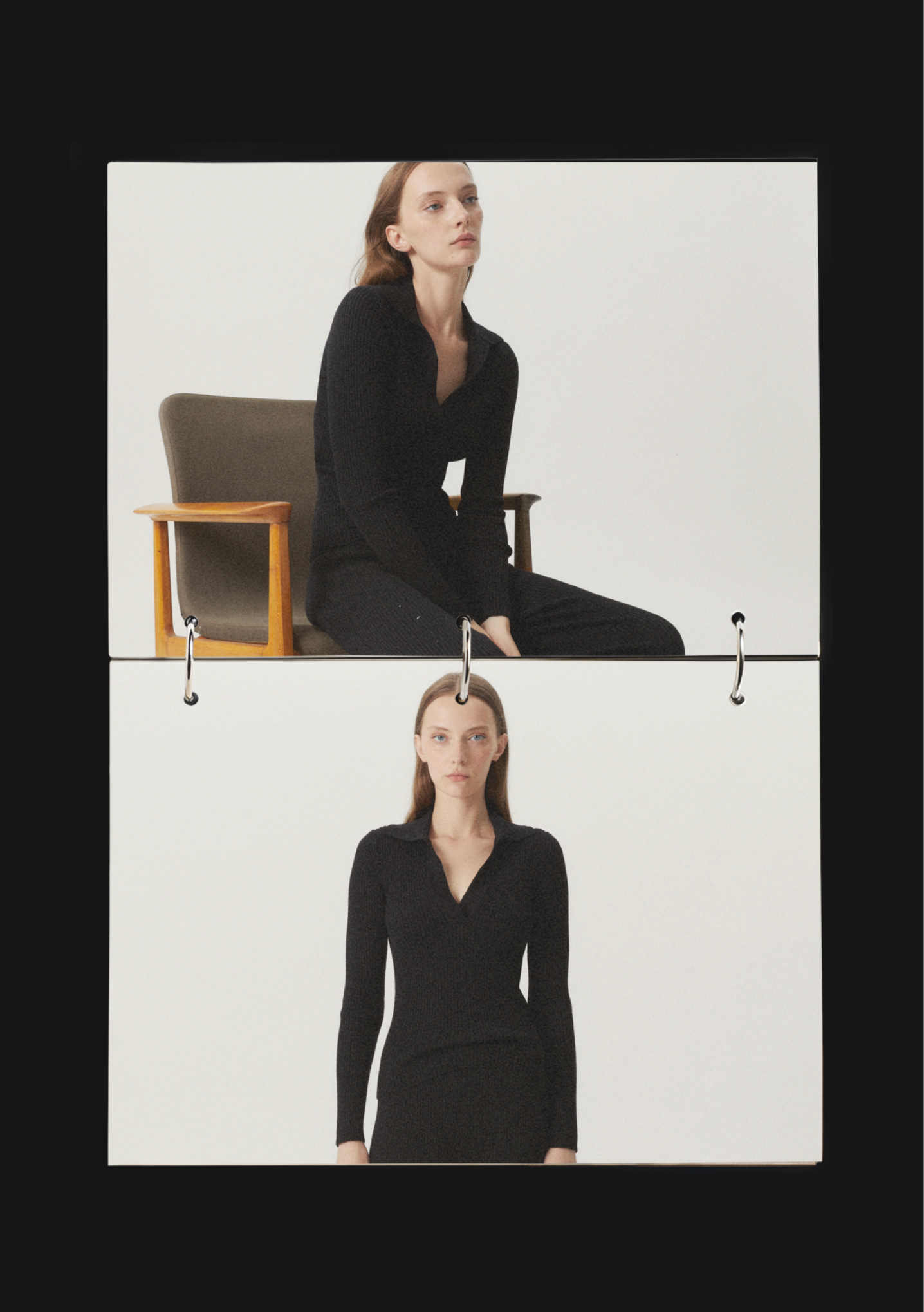JOURNAL
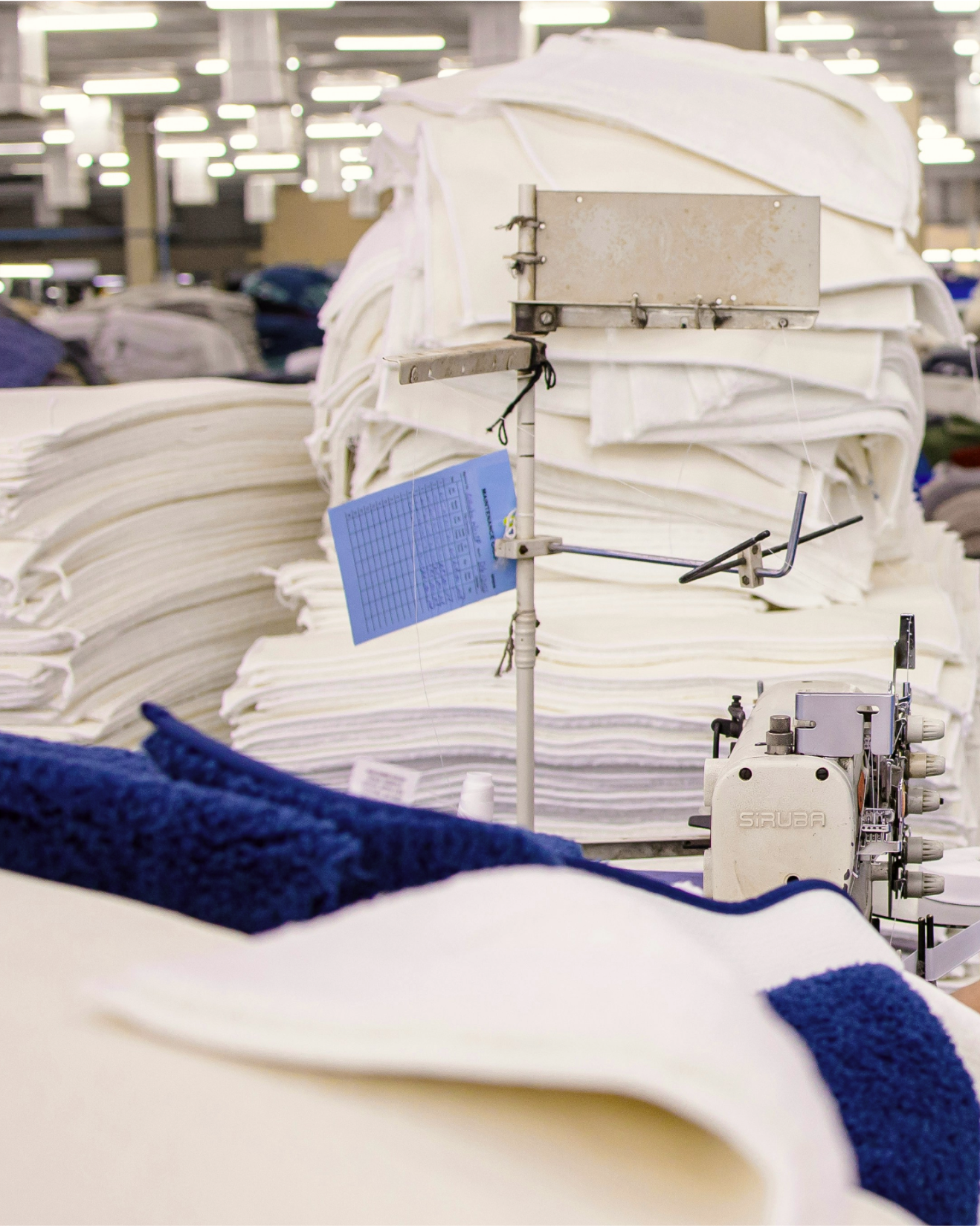
The traditional luxury supply chain: what really doesn't work (and what can change)
Luxury fashion has always been synonymous with exclusivity, prestige and craftsmanship. However, behind the elegance of iconic garments and attention to detail lies an industrial system that today ...
Read more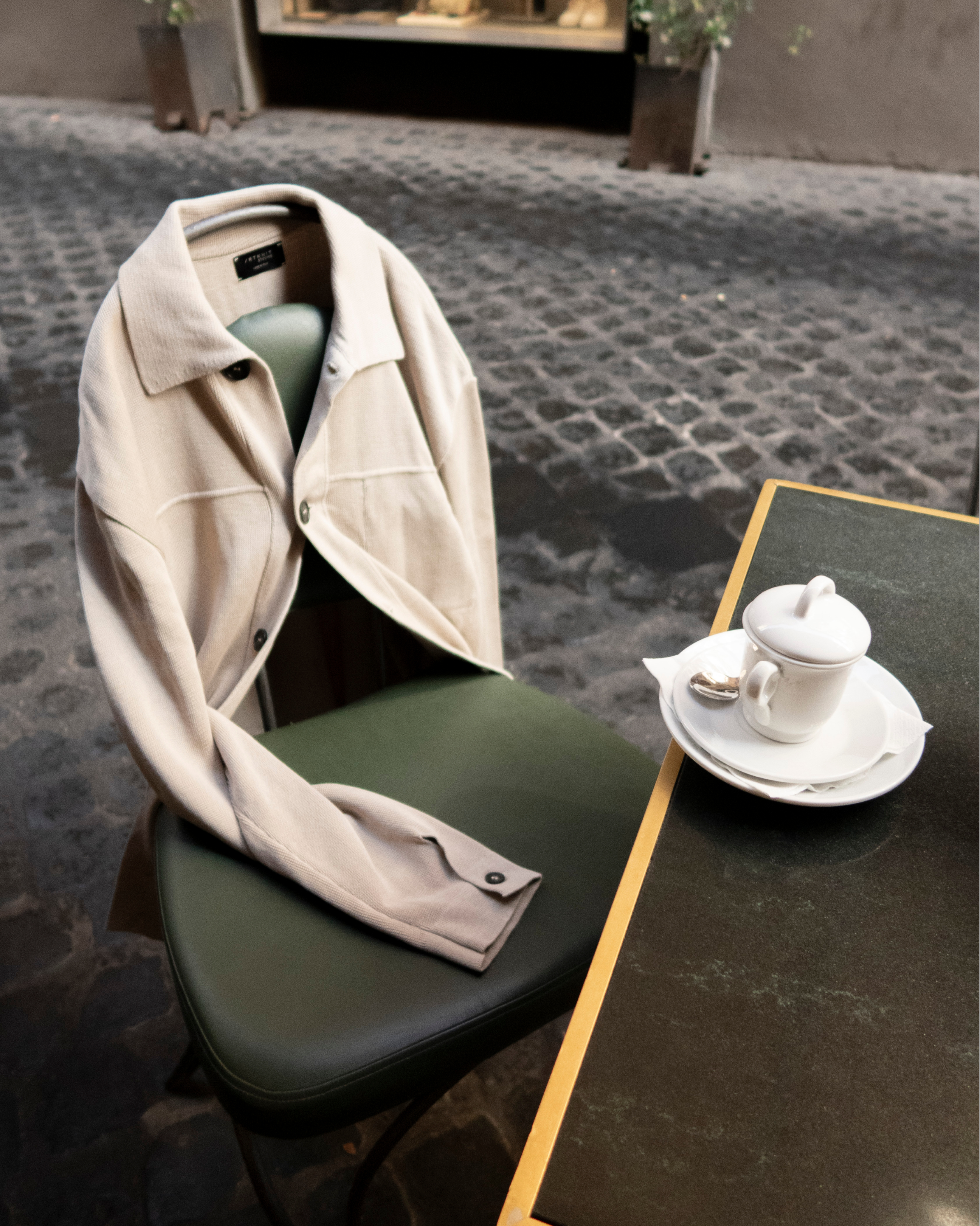
A UNIQUE JOURNEY THROUGH THE HEART OF ROME
Start from our store in the heart of Rome and explore the places we love: handpicked boutiques, refined cuisine, inspiring art galleries, and hidden gems. From the Spanish Steps to the Ara Pacis, a...
Read more

The Milan District Guide - Cadorna Monti: discover the neighborhood of our store
Branching off from our store in the heart of Milan, the neighborhood's streets offer attractions of all kinds. This guide brings together all the places we care about - among museums, bars and shop...
Read more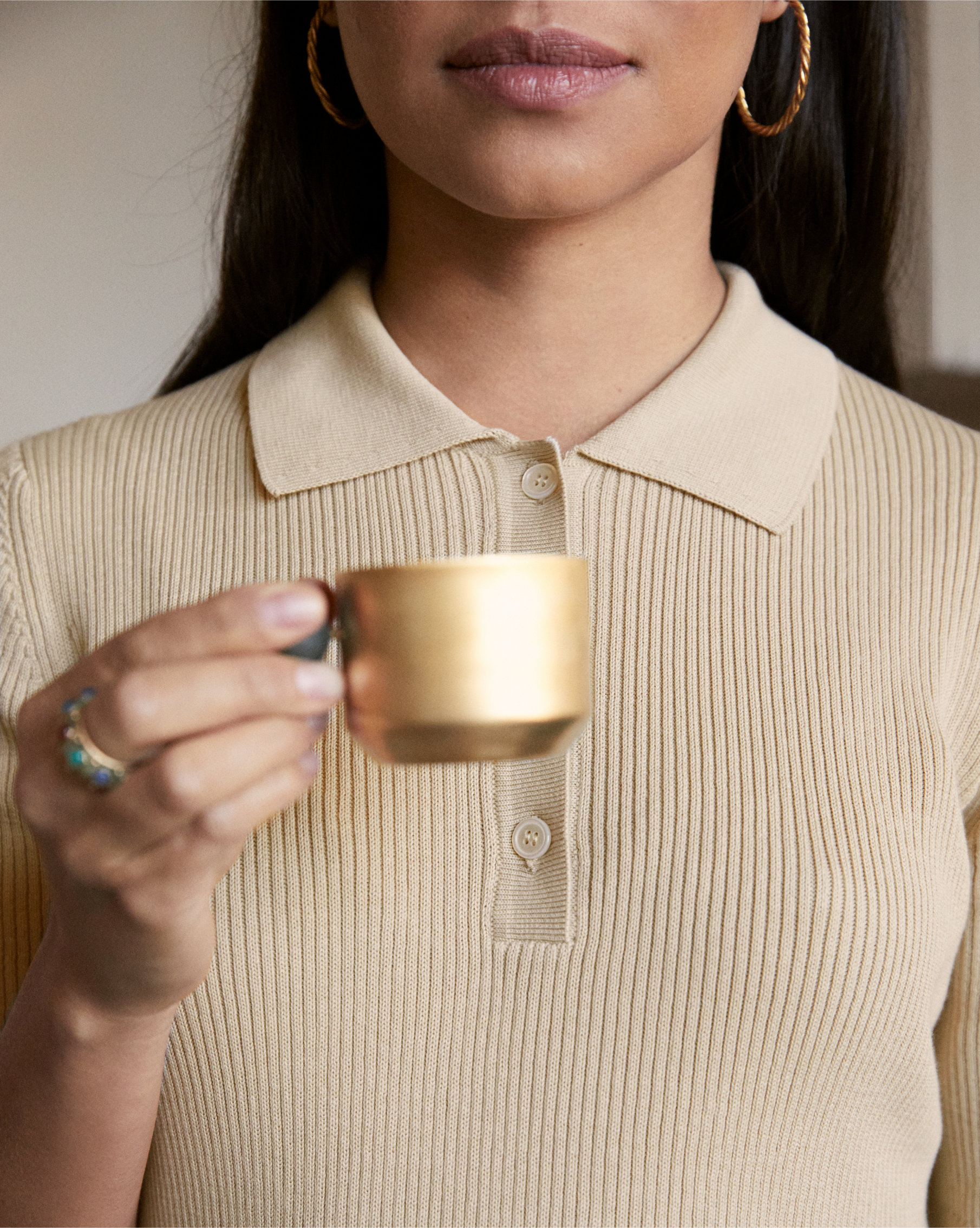
Visiting the workshop with Natalia Criado
“Nice to Meet You” features a series of conversations with inspiring people from all over the world during their daily life to discover their purpose and values. The second episode features Natalia...
Read more
Everything you need to know about our Organic Cotton
Organic Cotton is a versatile plant-based fiber that is grown responsibly. It’s ideal to be worn everyday and we use two premium yarns to craft knitwear on different gauges.
Read more
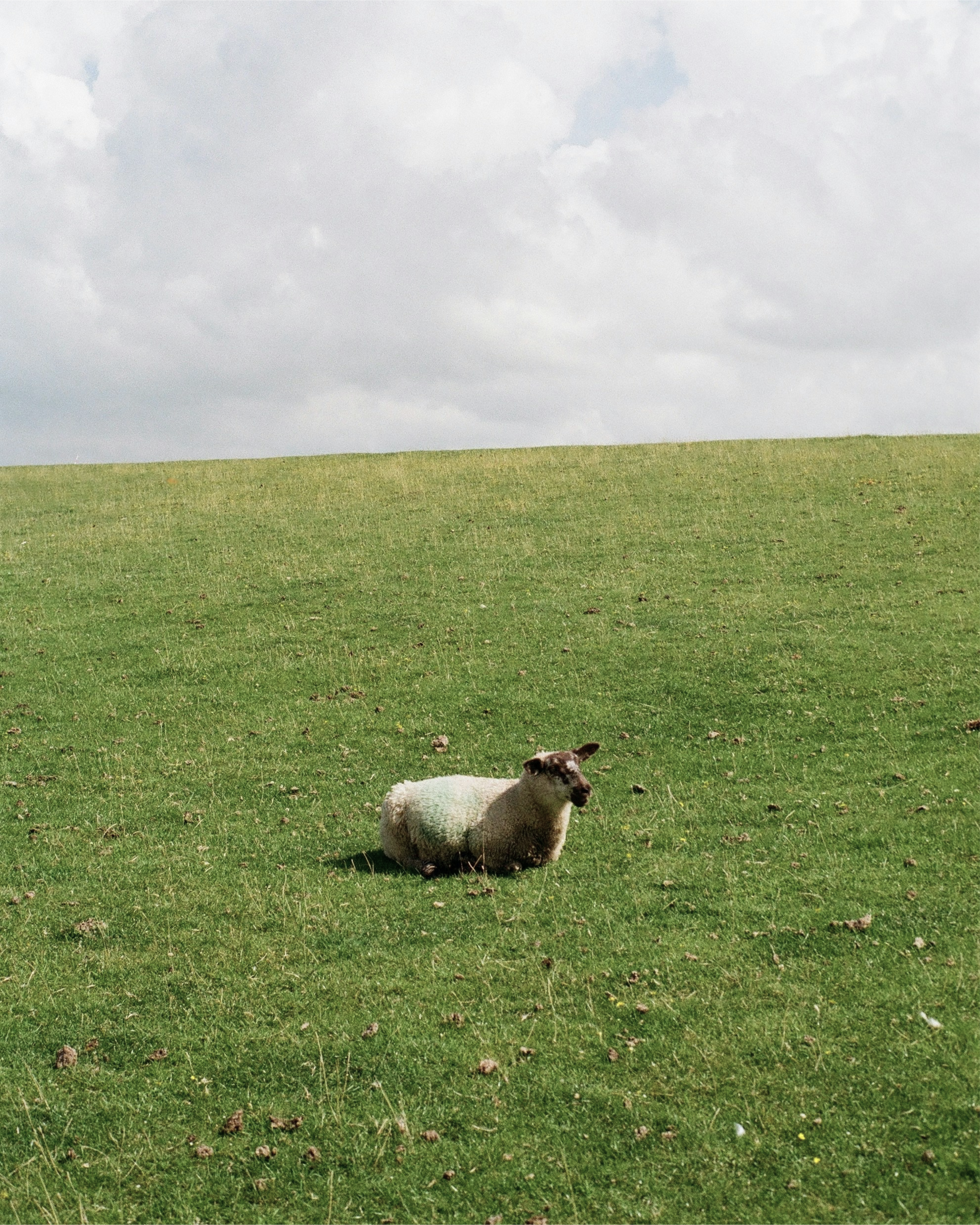
What does the Responsible Wool Standard (RWS) certify?
The Responsible Wool Standard (RWS) is a voluntary international program that certifies the entire wool supply chain, from sheep farming to the final production. Its primary goal is to ensure respe...
Read more
Made in Italy and Sustainability: discover why artisan knitwear is a more responsible choice
Made in Italy knitwear boasts a long artisanal tradition deeply rooted in the territory, making each creation unique. Unlike weaving, artisanal knitting is inherently more sustainable as it minimiz...
Read more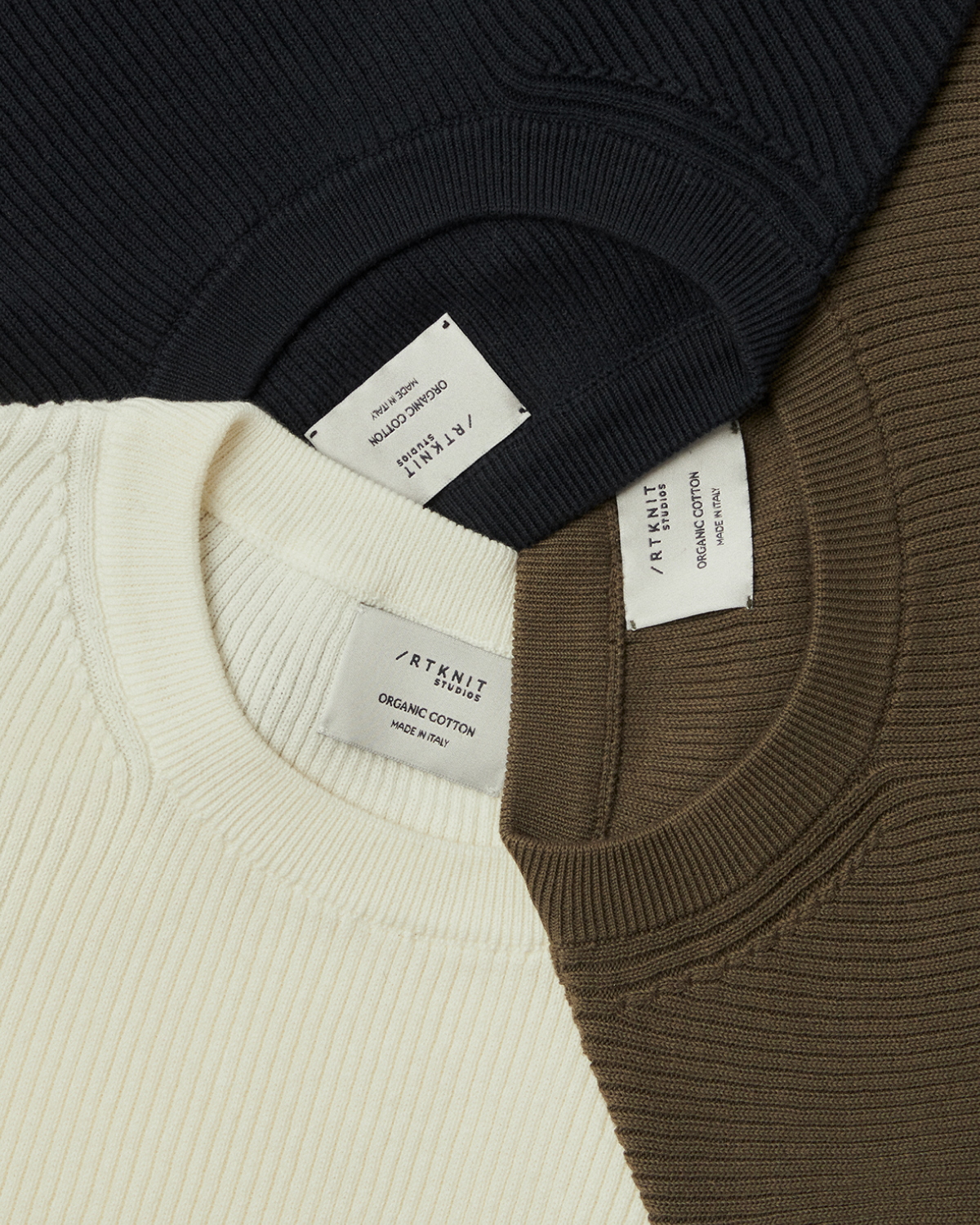
Fully fashioned knitwear: the signature of craftsmanship
Fully fashioned knitwear is a particularly refined type of knitwear that requires specific craftsmanship skills. Knitwear is worked using a special technique that allows the creation of pieces with...
Read more
Nice to meet you, Festina Lente
We met Marta: the founder of Festina Lente and the artisan behind our new candles and diffusers. We visited her at her atelier in the Isola district of Milan, where she told us how her brand of sus...
Read more

The guide to our knitting stitches
Do you know the difference between a plain, ribbed, or interlock knit? Take a look at our guide to learn more about the different textures in our selection.
Read more
What's the Life Cycle Assessment? Discover how we measure the environmental footprint of our pieces
A Life Cycle Assessment is a systematic process used to evaluate the environmental impacts of a product through its life cycle. This methodology allows us to gain and share detailed information abo...
Read more
4 myths to debunk about Organic Cotton
Organic cotton refers to cotton grown according to the principles of organic farming, a cultivation method without the use of synthetic pesticides harmful to the environment, and without the use of...
Read more

